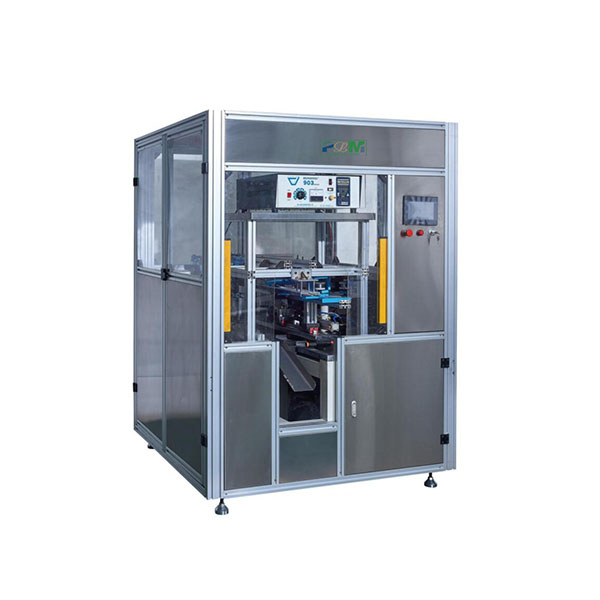Nov . 18, 2024 07:24 Back to list
Optimizing Your Selection of Filter Caps for Enhanced Performance
The Importance of Filter Caps in Various Industries
Filter caps, seemingly simple components, play a crucial role in numerous industries, ranging from pharmaceuticals to automotive manufacturing. By facilitating effective filtration processes, these caps contribute significantly to maintaining the quality and safety of products we rely on every day.
In the pharmaceutical industry, filter caps are essential for the production of sterile products. They are designed to prevent contaminants from entering containers, thereby ensuring that medications remain pure and effective. The use of filter caps in this sector helps to uphold stringent regulatory standards, which are crucial for protecting public health. By employing advanced materials and precise engineering, manufacturers can create filter caps that effectively remove particulate matter, bacteria, and other unwanted substances from the air or liquids.
Similarly, in the food and beverage industry, filter caps are vital for ensuring product integrity. They help safeguard against contamination during bottling and packaging processes. With consumer safety as a top priority, food producers must implement rigorous filtration systems to eliminate potential hazards. Filter caps facilitate this by allowing for the safe venting of gases while trapping unwanted particles. As a result, beverages maintain their flavor and quality, and food products remain safe for consumption.
filter caps

In the automotive industry, filter caps are a key component of various filtration systems, including oil filters and air filters. These caps help to maintain the efficiency and longevity of engines by trapping dust, dirt, and other harmful particles. As vehicles are exposed to varying environmental conditions, filter caps play a vital role in ensuring that the internal components function optimally. A well-maintained filtration system can lead to better fuel efficiency and lower emissions, aligning with the growing demand for environmentally friendly automotive solutions.
Moreover, the use of filter caps extends into the chemical industry, where they are critical in laboratories and manufacturing processes. They prevent hazardous materials from leaking and ensure that experiments are conducted in sterile environments. In this way, filter caps not only protect the products being developed but also safeguard researchers and workers from potential chemical spills or exposure.
In conclusion, filter caps might appear to be minor elements in larger systems, but their impact is profound across various sectors. By ensuring product quality, safety, and compliance with health regulations, they play an integral part in protecting consumers and enhancing the efficiency of industrial processes. As technology advances, the development of more sophisticated filter caps will further revolutionize their applications, leading to safer and higher-quality products across the board.
-
Active Carbon Air Filter for Air Purifier – High Efficiency Filtration Solution
NewsJul.22,2025
-
Durable Sintered Porous Metal Filter Tube Cup & Machines
NewsJul.22,2025
-
Effective Active Carbon Air Filter for Purifiers | Eliminate Odors
NewsJul.21,2025
-
PLJT-250-25 Full-auto Turntable Clipping Machine | Efficient Automation
NewsJul.20,2025
-
Cheap PLJY109-500 Full-Auto HDAF Expanded Mesh Spiral Coiling Machine - High Efficiency & Quality Manufacturer
NewsJul.08,2025
-
Best PLHJ-6 Full-Auto Eco Filter Rotary Heat Plating Machine - High Efficiency & Eco-Friendly Solution
NewsJul.08,2025
